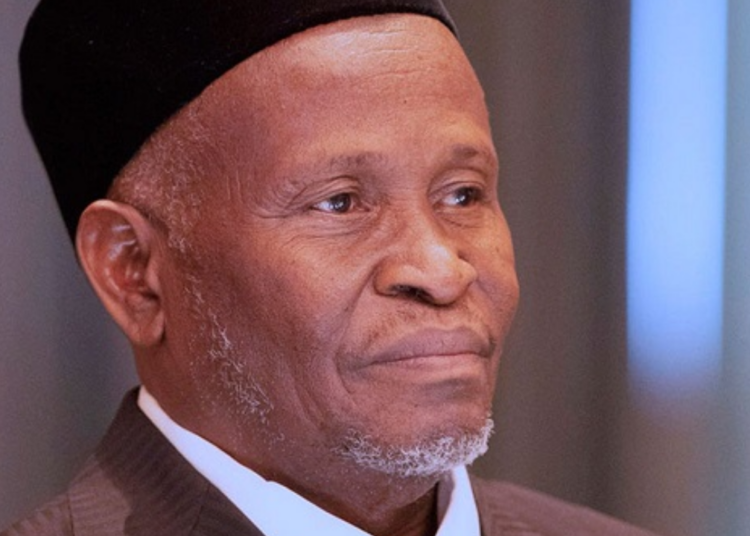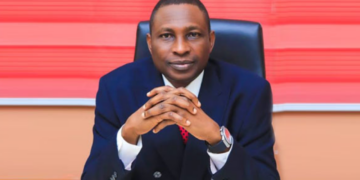These are trying times for Nigeria’s Supreme Court and its justices. And the difficulties are about to get worse considering the multitude of election and political party disputes it will have in its hands over the next few months.
The most immediate challenge before the court is, however, the dispute between state governments and the federal government over the redesigned Naira notes and the widely held view that the government of President Muhammadu Buhari has disobeyed an injunction of the country’s highest court by refusing to accept the 1000- and 500-Naira notes as legal tender.
The federal government and the Central Bank of Nigeria, have issues with the Supreme Court over an ex-parte order, yet has become a secondary issue in the run up 2023 general election. Curiously, the state governors have challenged the constitutionality of the CBN policy to redesign the naira, which suggests that the case should not have been filed at the apex court, but rather, at the federal high court. The governors have, however, filed another case asking the Supreme Court to declare the president’s actions as unconstitutional because he has disobeyed an injunction of the highest court in the land.
And as much as the dispute is about legality of the phased-out banknotes, it is also about the general elections, which comes up in a matter of days. What is proving most disturbing is the very real and growing threat of Nigeria’s Supreme Court becoming a casualty of the contest for power between political parties, regional and subnational groups; and the old and new political forces pulling the country in opposite directions.
And as bad all of this sounds; other recent rulings of the Supreme Court have pushed partisan groups and some members of the civic community to attack the court in ways that do nothing but erode public trust and question the legitimacy of the court. A case in point was the February 6, 2023 declaration of Ahmed Lawan, the present president of the senate as the authentic candidate of the ruling All Progressives Congress (APC) for Yobe north senatorial district. The ruling was a three to two split decision of a five-member panel, led by Justice Chima Centus Nweze.
As far as the general public was concerned, Ahmed Lawan did not participate in the APC primaries for the senatorial seat. The primary was won by Bashir Machina as both the federal high court and Court of Appeal named Machina as the candidate of the party, only for the Supreme Court to dismiss both rulings based on technicalities rather than addressing the merit of the case. But there was a minority judgement of the Supreme court that did just that.
The minority ruling reflected the fact that Lawan did not participate in the APC primary held on May 28, after withdrawing to participate in the presidential primary held on June 8. And in the second senatorial primary held on June 9, where Lawan emerged, the minority view of the Supreme Court justices was that it was held in breach of Section 84 (5) of the Electoral Act and Section 285 of the 1999 Constitution because the APC did not cancel the one held on May 28 before organising another one.
These are details that are being lost by commentors torching all the justices of the Supreme Court and undermining public confidence in the entire court. Unsubstantiated claims have been made that the justices have been compromised, which unfortunately has also led the Supreme Court to drag itself low by responding to the allegations. The court is not a partisan body. It is, therefore, the opinion of this newspaper that it should be engaging in a public debate about its own integrity or role in a society governed by the rule of law. This will only erode public confidence even more. The response of the court made veiled threat, which we believe is unbecoming of court of justice, let alone; the highest court. The silence of the so-called ordinary Nigerian must not be mistaken for weakness or cowardice. The court is, however, right about ‘the surge of these well-orchestrated verbal assaults on Judicial Officers across the country at this period of elections.’
It is our candid opinion that no scenario could be worse than having citizens, public institutions and stakeholders in our electoral process lose complete faith in the justices of the Supreme Court and the court as an institution. That would be a very dangerous path to tread. It would mean resorting to self-help, and that in turn would mean Nigeria would cease to be a country governed by the rule of law. ‘Lord of the Flies’ would better depict what Nigeria would look like in those circumstances.





